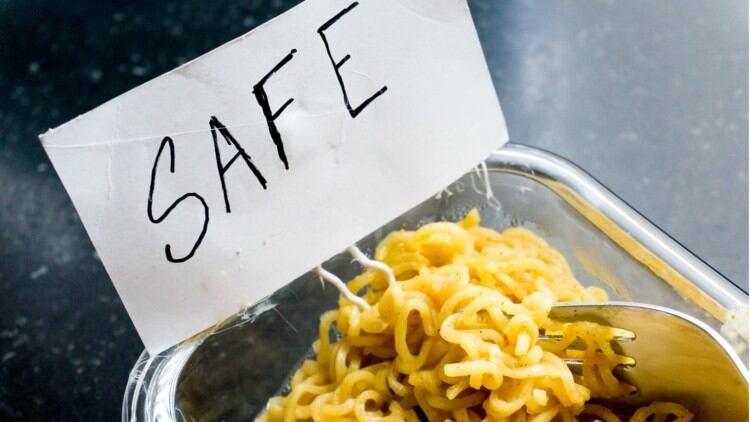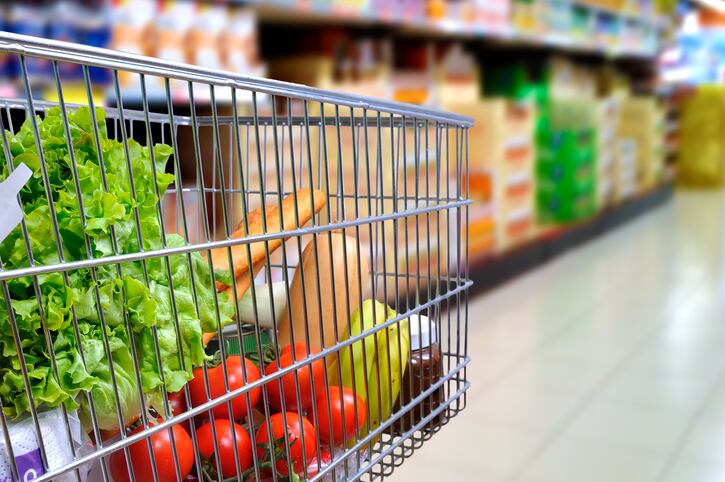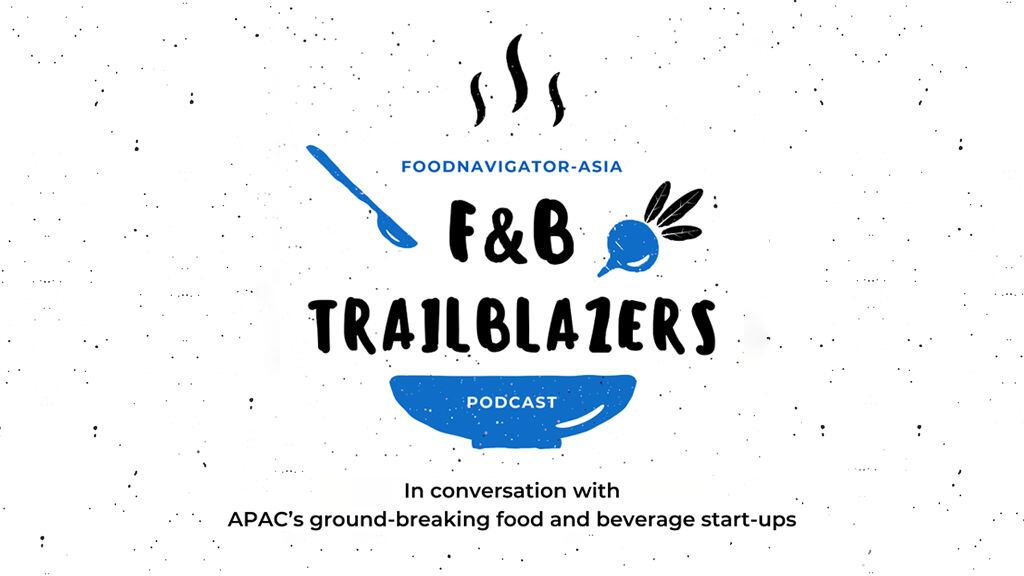China’s e-commerce market is one of the largest worldwide, powered not just by consumer demand and a boom resulting from the COVID-19 pandemic lockdowns but also the presence of multiple powerful local e-commerce platforms like Alibaba and Pinduoduo offering speed and convenience to users.
This has also given rise to a new potential avenue for food safety risks from the spread of counterfeit F&B products, or products produced and sold under false food safety certifications, as consumers deal with faceless sellers
Earlier this month, China’s social media was filled with netizen observations that safety and quality reports or certificates could be purchased online, without the need for sending any samples for testing or taking any follow-up actions.
Many such reports were found to be complete with the China Inspection Body and Laboratory Mandatory Approval (CMA) and China National Accreditation Service for Conformity Assessment (CNAS), two of the main bodies in charge of local testing and certifications, leading to widespread food safety concerns amongst Chinese consumers.
In response to this, the Chinese government has launched a three-month crackdown on online counterfeits across all e-commerce platforms with a particular focus on the production and usage of fake certifications.
“Recently, there has been public discourse about the emergence of fake certifications and laboratory reports used on some e-commerce trading platforms – in response to this, the State Administration for Market Regulation (SAMR) has decided to launch a focused rectification operation against counterfeits,” SAMR said via a formal statement.
“This operation will take place between mid-July to mid-September. One of the key tasks that the operation team will focus on will be to severely crack down on those suspected to be using counterfeit certifications, including investigating platforms, sellers, testing institutions and all individuals suspected of purchasing and using these fraudulent qualifications or participating in forged or altered inspection/test reports.
“In accordance with China’s Food Safety Law, Product Quality Law and E-Commerce Law, all violators of these regulations will be severely penalized [and] any involved test institutions will have their qualifications revoked.”
In addition, the onus has been placed on online e-commerce platform operators to check up on stores on their platforms and ascertain the authenticity of their certifications.
“Online platform operators will be supervised to implement reviews of the sellers’ qualifications and certifications, and the relevant information disclosure responsibilities,” said SAMR.
“They will be guided on how to strengthen these reviews, how to conduct inspections and monitoring, and on mandating the receipt of authentic CMA, CNAS or other trusted authorities’ certifications [before allowing] any such related information to be displayed online.”
Counterfeit food spread
Although China has put a great deal of effort into reducing local counterfeit food cases and boosting food safety, these continue to make an appearance in many places nationwide.
This is especially so on online platforms, where no physical samples are available to the consumer. According to the Chinese Ministry of Public Security, over 1,400 cases of counterfeit products were detected in China from May to November 2020, with a rise seen after COVID-19 led to a boom in online shopping.
Australian alcoholic brand Penfolds, for example, became the victim of US$20mn counterfeit scheme in China last year, and even local candy brand Big White Rabbit has seen counterfeits named ‘Little White Rabbit’ emerge.
“The food safety and quality of such counterfeits cannot be guaranteed, [so] the public is advised to make purchases only through formal channels, pay close attention to the brand names and label information, and exercise common sense,” said SAMR.





